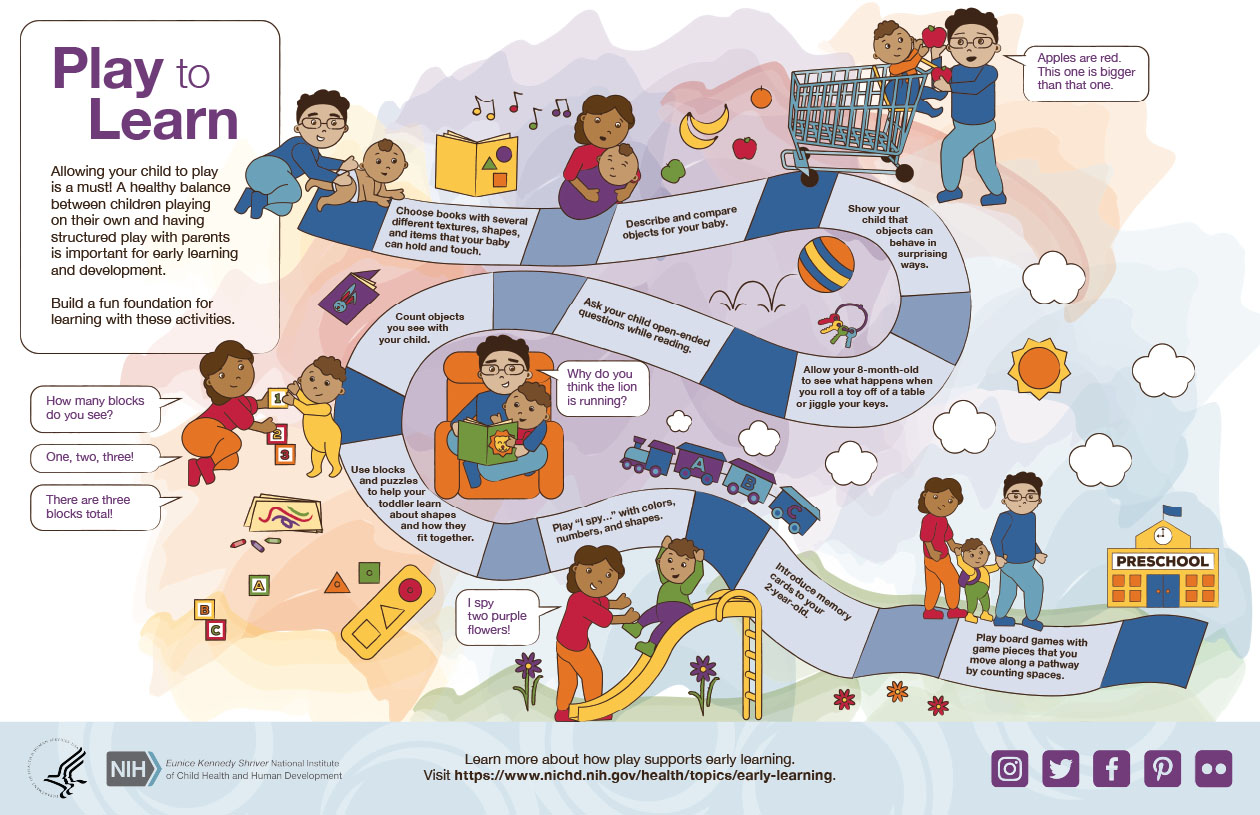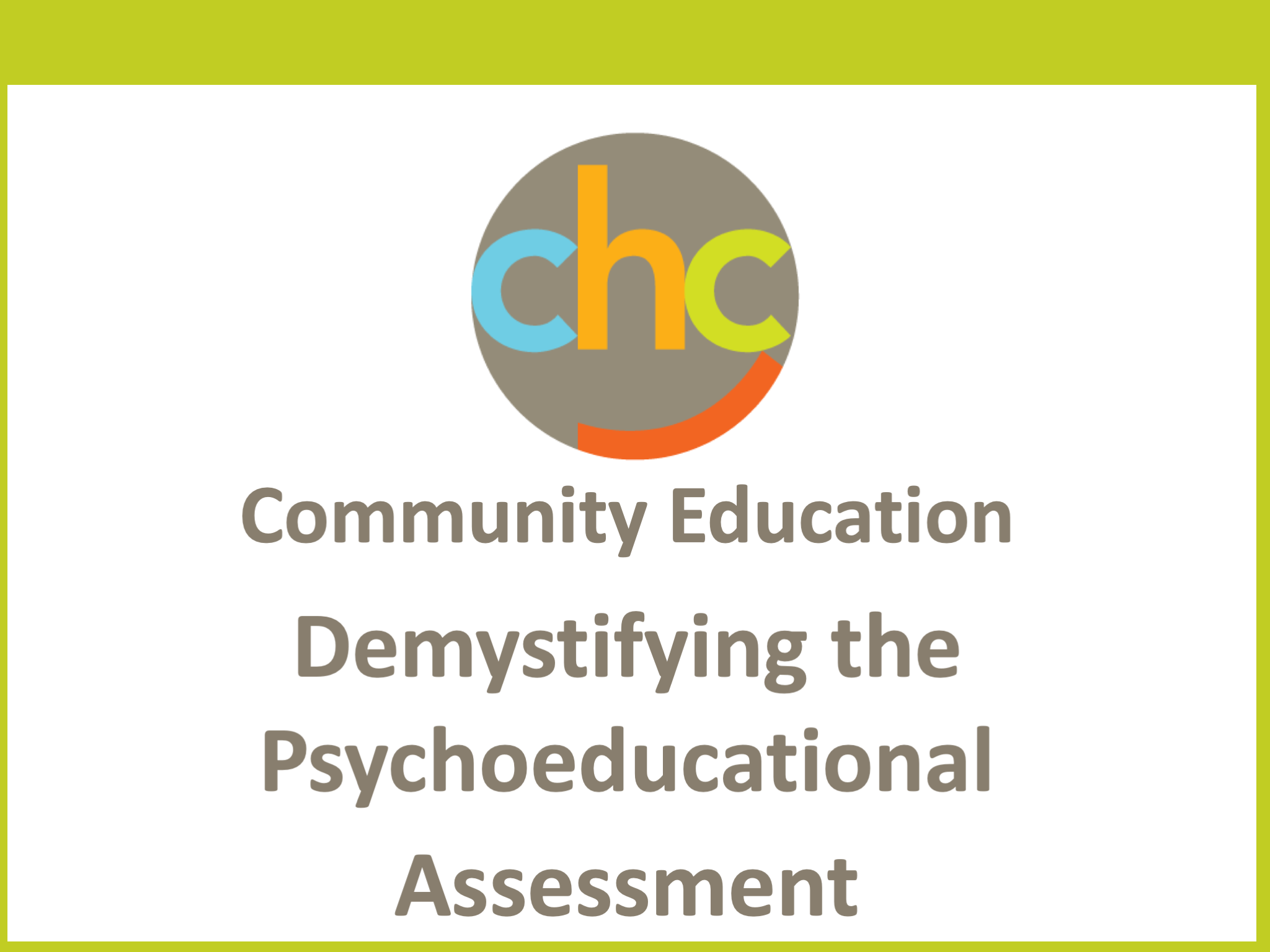Why the Preteen Years Are a Critical Period for Brain Development
 Aside from experiencing physical changes, preteens also undergo a brain growth spurt much like toddlers. Ron Dahl, who directs the Institute for Human Development at the University of California, Berkeley, argues that adolescence is actually a second opportunity to invest in children because of the enormous brain development during this period. Read more ›
Aside from experiencing physical changes, preteens also undergo a brain growth spurt much like toddlers. Ron Dahl, who directs the Institute for Human Development at the University of California, Berkeley, argues that adolescence is actually a second opportunity to invest in children because of the enormous brain development during this period. Read more ›


 Allowing your child to play is a must! A healthy balance between children playing on their own and having structured play with parents is important for early learning and development.
Allowing your child to play is a must! A healthy balance between children playing on their own and having structured play with parents is important for early learning and development. 
 At each age in a child’s life, there are predictable levels of skill to expect. We have outlined the
At each age in a child’s life, there are predictable levels of skill to expect. We have outlined the 
 Every morning Marsha, age 10, wakes up on the wrong side of the bed and it is a battle to get to school on time.
Every morning Marsha, age 10, wakes up on the wrong side of the bed and it is a battle to get to school on time. 


 Teachers can help students improve skills like inhibitory control and cognitive flexibility by explicitly connecting them to popular games—and then letting students play.
Teachers can help students improve skills like inhibitory control and cognitive flexibility by explicitly connecting them to popular games—and then letting students play. 
 Your child tends to forget things, has difficulty listening to and following instructions, working independently, and completing tasks. She struggles with setting priorities and resisting impulses. Sound familiar? Your child may be struggling with executive function issues.
Your child tends to forget things, has difficulty listening to and following instructions, working independently, and completing tasks. She struggles with setting priorities and resisting impulses. Sound familiar? Your child may be struggling with executive function issues. 
 There are a lot of skills necessary to succeed in school that aren’t directly about mastering content, including the ability to recognize, name and control ones emotions. The school day often comes with lots of emotion, everything from elation to frustration, which makes it the perfect place to practice self-regulation.
There are a lot of skills necessary to succeed in school that aren’t directly about mastering content, including the ability to recognize, name and control ones emotions. The school day often comes with lots of emotion, everything from elation to frustration, which makes it the perfect place to practice self-regulation. 


